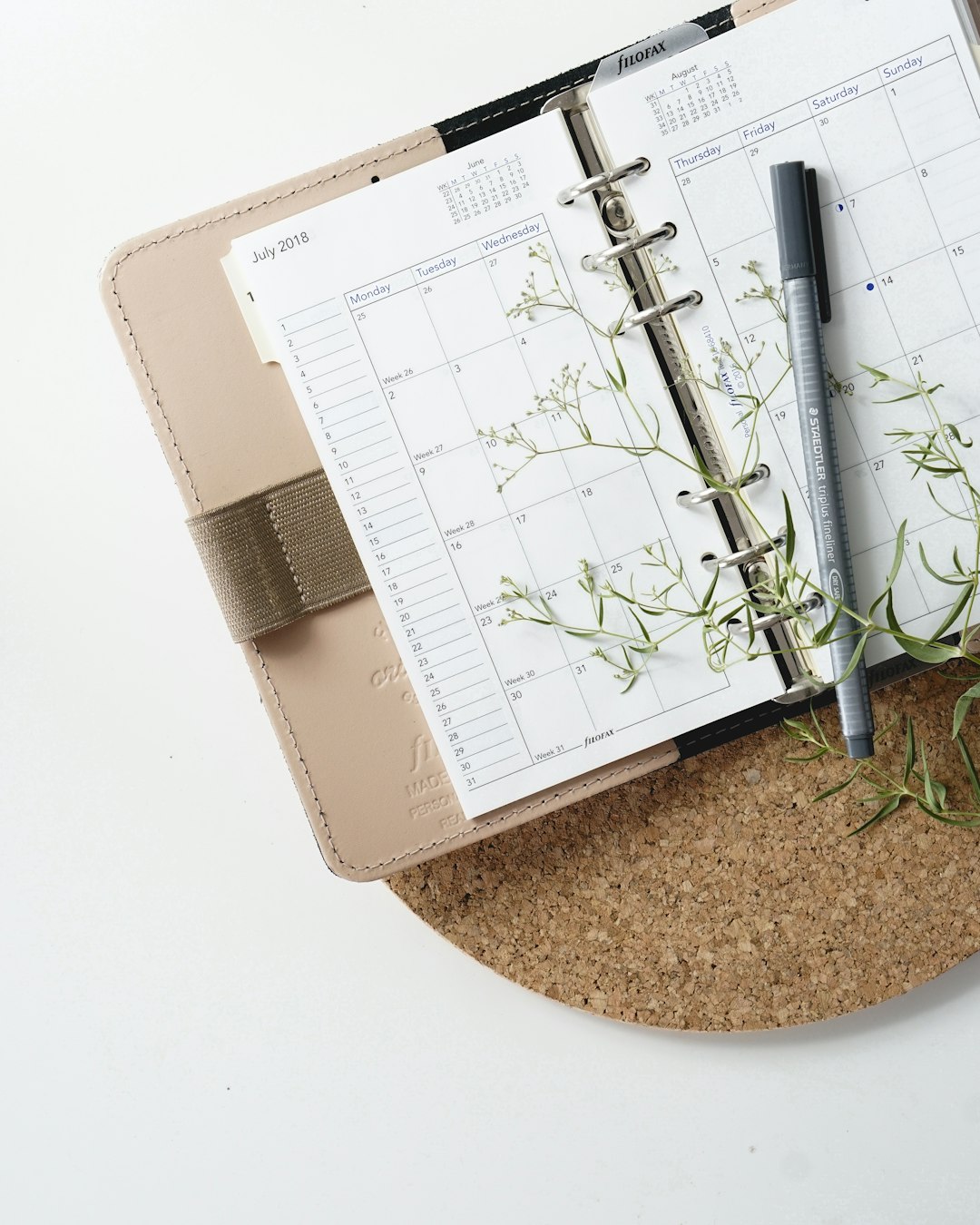Achievable Schedule Planning and Why It Matters
Going from "Feeling Behind" to "Feeling Accomplished"

For many years, I would start each week with a map of all the fixed busy times in my schedule (such as teaching classes and meetings) and decide when and what research, writing, and other goals would go where in the time I had allotted for working. During my general 9–5 schedule, I almost always added ambitious goals and packed my schedule to the brim, with a few breaks here and there for meals and dog walks.
But when I used this method, I often didn't finish all the tasks I set out to do because: a) life got in the way, b) time-sensitive work tasks came up out of the blue, and c) researching and writing sometimes took longer than I thought they would. This meant that most weeks I felt behind on the work I needed to do.
This past academic year, I began experimenting with a new strategy for planning my weekly schedule that I’m sharing with you today in the hopes that it will be effective for some of you.

I still begin planning my week in a similar way, with the nonnegotiables and my research and writing sessions intact, but I leave at least an hour of time open each day for all the things that don’t go as planned. I also avoid scheduling meetings on Fridays in order to catch up on work, have a more leisurely and less structured workday, or take some time off. I call this “going with the flow,” and you can read about this rationale here.
The strategy of blocking make-up time in my schedule does not necessarily make me more productive, but it does make me feel like I have accomplished what I set out to do in a given week much more frequently than my previous strategy. This is significant because many of us frequently feel as if we are always "behind," which causes us to feel frantic and less satisfied with our productivity. While there are numerous methods for planning one's schedule, this is the method that gives me the most sense of accomplishment and calm in a given week.
We Want to Hear from You!
We’d love to hear from you! What method do you use to schedule yourself each week? What do you find most challenging or rewarding? You just might have the answer that one of our readers needs to hear today.

